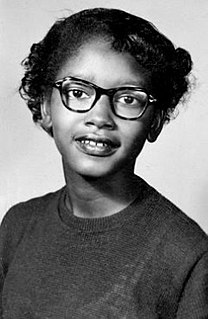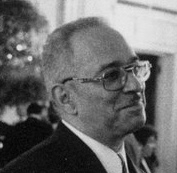A Quote by Shane McCrae
Confessionalism relates to writers of color. I think confessional poetry is in its way very Catholic, capital C. One of the formative ideas of Confessionalism, beyond psychoanalysis, is a very actual fall from grace. And, at least in America, people of color never occupy that position of grace the way that white people do. So I think that in some very actual ways the confessional mode, strictly speaking, is not possible for non-white writers.
Related Quotes
People get anxious about dividing sorts of poetry, say Confessionalism from political poetry. But Confessionalism is very much an expression of racial privilege and of class privilege. I don't think it's always a blind expression of these privileges but it does have its genesis in them, in the politics of them.
Everybody's going to do the 3D slightly differently the same way that people are going to deal with color differently. Some movies downplay the color, some color is very vibrant. Color design is very different. We've got to think of 3D like color or like sound, as just part of the creative palette that we paint with and not some whole new thing that completely redefines the medium.
I see myself as no color. I can play the role of a man. I can paint my face white if I want to and play the role of white. I can play a green, I can be a purple. I think I have that kind of frame and that kind of attitude where I can play an animal. If you think in color, then everyone around you is going to think in color and that puts limits on the way you think. I don't think like that. A lot of the roles that I'm doing are roles that a man or a person of any color can do.
I did not move into developing or processing color. I stayed with black and white. I still think to this day that I prefer to work in black and white if it has to do with poetry or anything other than specific reality. I have worked in color when I thought it was the appropriate way to express the thought that I was working on
I did not move into developing or processing color. I stayed with black and white. I still think to this day that I prefer to work in black and white if it has to do with poetry or anything other than specific reality. I have worked in color when I thought it was the appropriate way to express the thought that I was working on.
When I came to Delhi first and said, "This is not India. And then I was taken to Varanasi and there I loved, loved the culture. It was a beautiful journey. The way the people dressed - even the poorest people, and the fabrics! With vegetable dyes, and I was fascinated by the color. But in the end I loved the men - all in white - so many shades of white. And I said, "What am I going to do? A color collection or a white collection?" I finally did a neutral white collection.
To solve the new century's mounting social and environmental problems, people of color activist and white activists need to be able to join forces. But all too often, the unconscious racism of white activists stands in the way of any effective, worthwhile collaboration. The Challenging White Supremacy Workshop is the most powerful tool that I have seen for removing the barriers to true partnerships between people of color and white folks. If the CWS trainings were mandatory for all white activists, the progressive movement in the United States would be unstoppable.
Perfect love is to feeling what perfect white is to color. Many think that white is the absence of color. It is not. It is the inclusion of all color. White is every other color that exists, combined. So, too, is love not the absence of an emotion (hatred, anger, lust, jealousy, covetousness), but the summation of all feeling. It is the sum total. The aggregate amount. The everything.
People say the effect is only on the mind. It is no such thing. The effect is on the body, too. Little as we know about the way in which we are affected by form, by color, and light, we do know this, that they have an actual physical effect. Variety of form and brilliancy of color in the objects presented to patients, are actual means of recovery.































